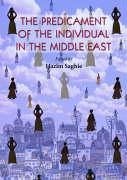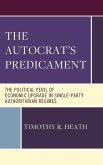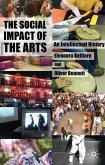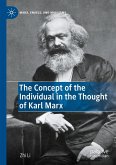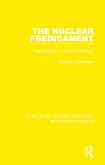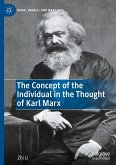As a result of the collapse of totalitarian and semi-totalitarian ideologies worldwide, democratic values appear to be gaining influence in Arab political discourse. Nevertheless, an essential component remains absent: the notion of individualism. Stifled by religion and the tribal systems so common to the region on the one hand, and by modern militant tendencies on the other, the Arab self has been virtually obliterated, either as a project or as a material existence. This is the first study of individualism - or the lack of it - in the Arab Middle East. It is a critical reading of historical developments since the late eighteenth century, from the viewpoint of Europe's impact on the area, and a cultural commentary on the manifestations of a nascent sense of self, noticeable in the fields of poetry, the plastic arts, film and certain aspects of everyday life. The essays by both Arab and non-Arab scholars and writers explore Islam, the Mohammad Ali era in Egypt, the Arab-Israeli conflict, the Gulf, the Mashreq-Maghreb dialogue and Lebanon's modern experience; they all share a common concern: without a strong sense of individualism, no real progress can be made towards democracy and the rule of law in the Middle East.
Hinweis: Dieser Artikel kann nur an eine deutsche Lieferadresse ausgeliefert werden.
Hinweis: Dieser Artikel kann nur an eine deutsche Lieferadresse ausgeliefert werden.

